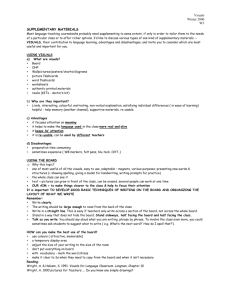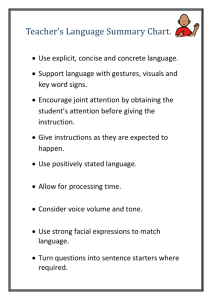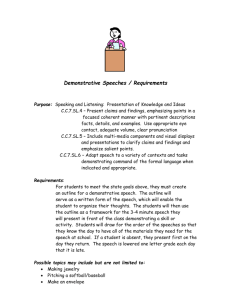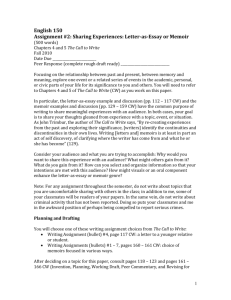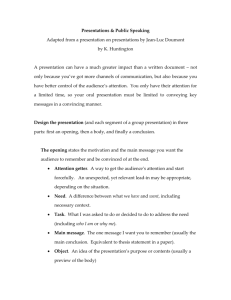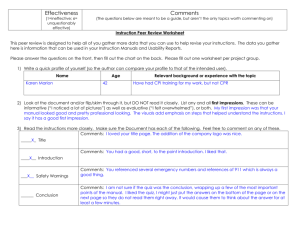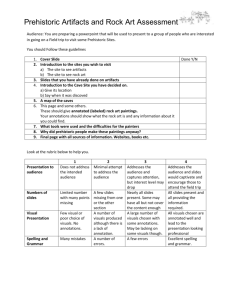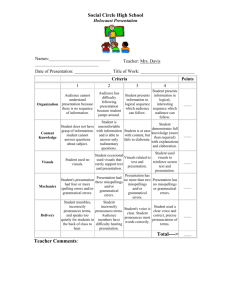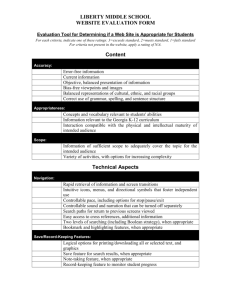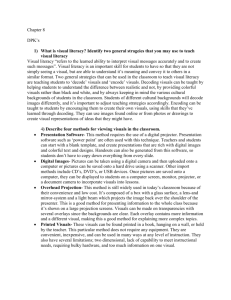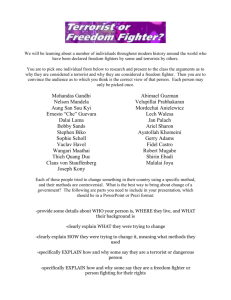Name: Topic/Chapter: Mapping Gendered Spaces/ Chapter 5
advertisement
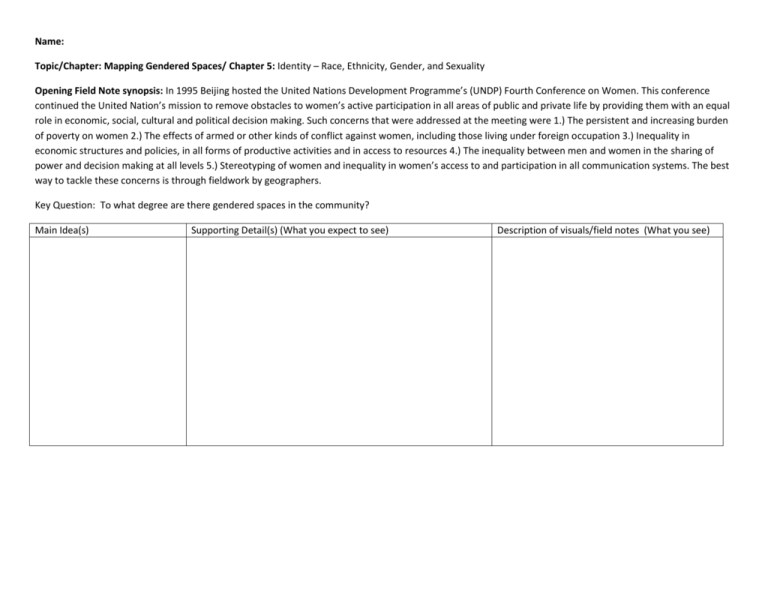
Name: Topic/Chapter: Mapping Gendered Spaces/ Chapter 5: Identity – Race, Ethnicity, Gender, and Sexuality Opening Field Note synopsis: In 1995 Beijing hosted the United Nations Development Programme’s (UNDP) Fourth Conference on Women. This conference continued the United Nation’s mission to remove obstacles to women’s active participation in all areas of public and private life by providing them with an equal role in economic, social, cultural and political decision making. Such concerns that were addressed at the meeting were 1.) The persistent and increasing burden of poverty on women 2.) The effects of armed or other kinds of conflict against women, including those living under foreign occupation 3.) Inequality in economic structures and policies, in all forms of productive activities and in access to resources 4.) The inequality between men and women in the sharing of power and decision making at all levels 5.) Stereotyping of women and inequality in women’s access to and participation in all communication systems. The best way to tackle these concerns is through fieldwork by geographers. Key Question: To what degree are there gendered spaces in the community? Main Idea(s) Supporting Detail(s) (What you expect to see) Description of visuals/field notes (What you see) Key Question: Would the data change if the fieldwork were conducted at a different time of day? Main Idea(s) Supporting Detail(s) Description of visuals/field notes Key Question: Would the data change if it was conducted inside or outside of the specific location? Main Ideas Supporting Details Description of Visuals/ field notes Key Question: What type of behavior do these gendered spaces encourage or discourage? Main idea Supporting Details Description of Visuals/ field notes Key Question: To what degree do the data match your perception of gender roles in the community and society? Is the community built for males or for both? Main Idea : Supporting Details Description of Visuals/ field notes
